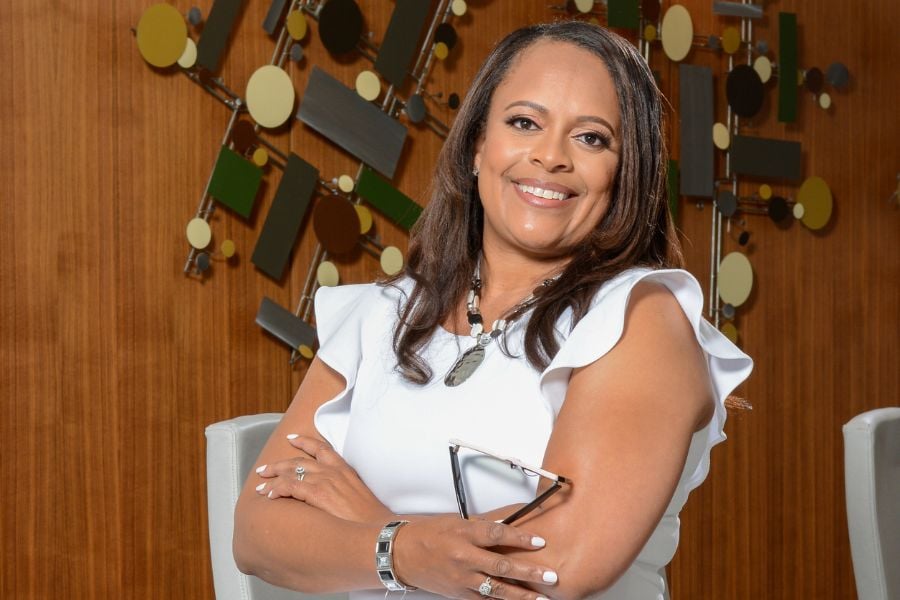

Sibyl Slade’s interest in finance was first sparked by her realization of the difficulties of wealth building – especially in moderate-income households.
Slade, the founder of IntegriVest Wealth Advisors, says that it was in 2004 when she first noticed half the mortgages being sold were stated income loans – those relying on the borrower’s undocumented report of their income – and foresaw the impending challenges new homeowners would face.
“I found that we were doing them a disservice,” she says. “And I told my leadership team at that point we need to talk about all parts of the spectrum when it comes to building wealth and investing – because there are so many things along the way leading up to homeownership.”
Her advocacy at the Federal Reserve, where she worked for 21 years, led to the creation of financial-planning modules for consumers in partnership with the FDIC. However, a change in leadership shifted the focus away from this project, eventually leading Slade to leave the central bank and join the financial planning industry.
“I took my YOLO moment,” she says. “I thought, I’m going to go for it – and that’s what I did.”
After a stint at Waddell & Reed, Slade’s desire to address her clients’ more comprehensive financial needs, including student loan debt, drove her to become an independent advisor.
“It’s almost as if my past married my future. I feel like I’m in my genius zone,” she says.
As a Black woman in the world of finance, Slade is acutely aware of the racial disparities in wealth. The mortgage crisis reinforced her predictions about wealth loss in minority communities.
“I can’t go to sleep with those numbers still being there,” she says. “It’s very important for me to close the wealth gap, and I do this mainly with a specific audience. That’s usually C-suite execs, professionals, and small-business owners who are typically the first high-earner in their family. They’re experiencing economic mobility, but they’re not confident about making financial decisions for themselves and their families. That’s my sweet spot.”
But Slade’s efforts extend beyond individual financial planning. In 2020, she co-founded the Small Business Mastermind Forum to assist businesses during the pandemic, especially in securing loans.
“We’ve been able to help them really hone in and cover their blind spots,” she says.
Looking ahead, Slade aims to grow her team, focusing on increasing representation of women and minorities in the industry.
“I’m trying to change how I operate so that I can create opportunities where we can serve both clients and there’s parity in the income structure,” she says. “And I’m convincing my peers to do the same.”

The historic summer sitting saw a roughly two-thirds pass rate, with most CFP hopefuls falling in the under-40 age group.

Elsewhere, an advisor formerly with a Commonwealth affiliate firm is launching her own independent practice with an Osaic OSJ.

"The greed and deception of this Ponzi scheme has resulted in the same way they have throughout history," said Daniel Brubaker, U.S. Postal Inspection Service inspector in charge.

A survey reveals seven in 10 expect it to be a source of income, while most non-retired respondents worry about its continued sustainability.

AI suite and patent for AI-driven financial matchmaking arrive amid growing importance of marketing and tech among advisory firms.
Stan Gregor, Chairman & CEO of Summit Financial Holdings, explores how RIAs can meet growing demand for family office-style services among mass affluent clients through tax-first planning, technology, and collaboration—positioning firms for long-term success
Chris Vizzi, Co-Founder & Partner of South Coast Investment Advisors, LLC, shares how 2025 estate tax changes—$13.99M per person—offer more than tax savings. Learn how to pass on purpose, values, and vision to unite generations and give wealth lasting meaning
